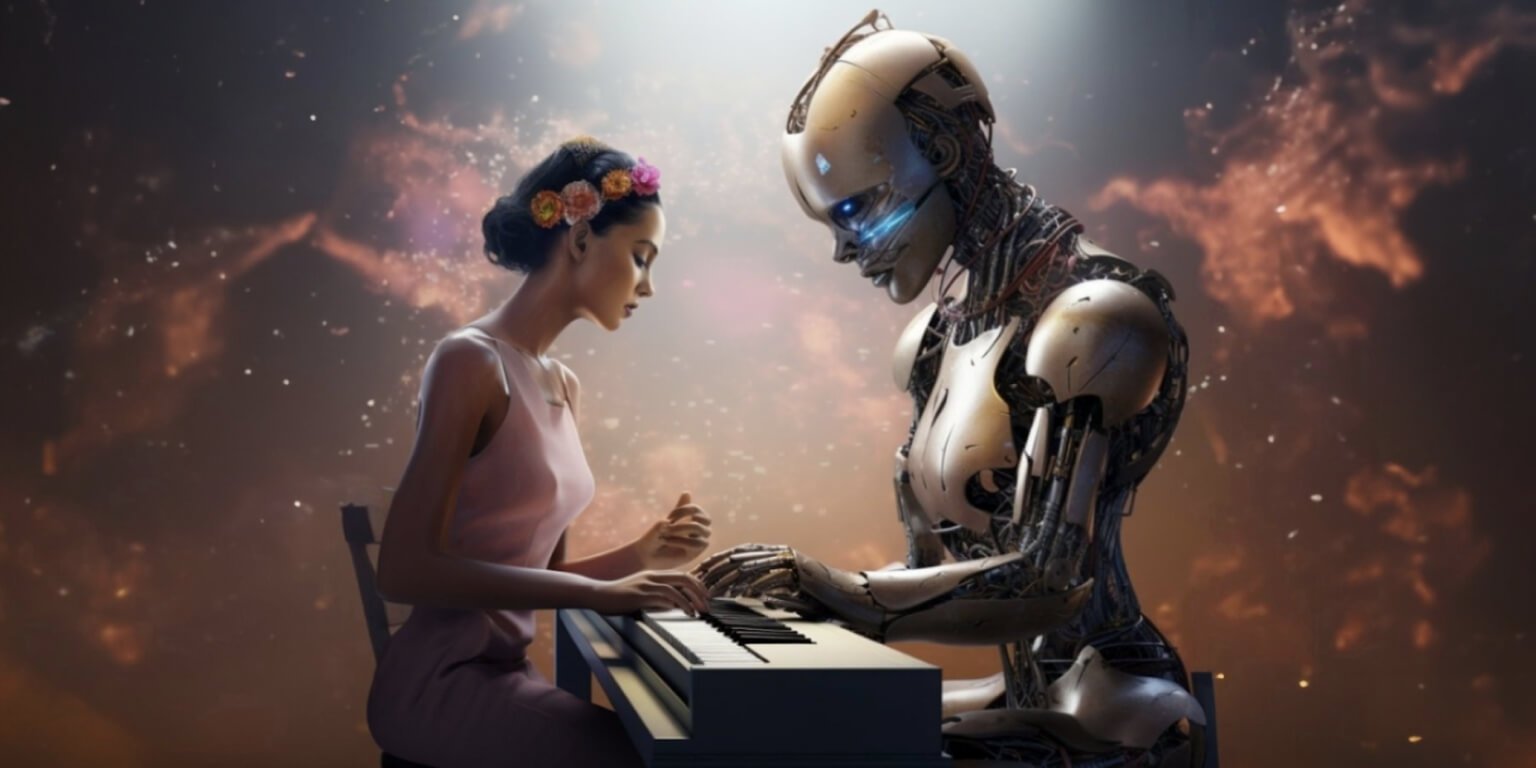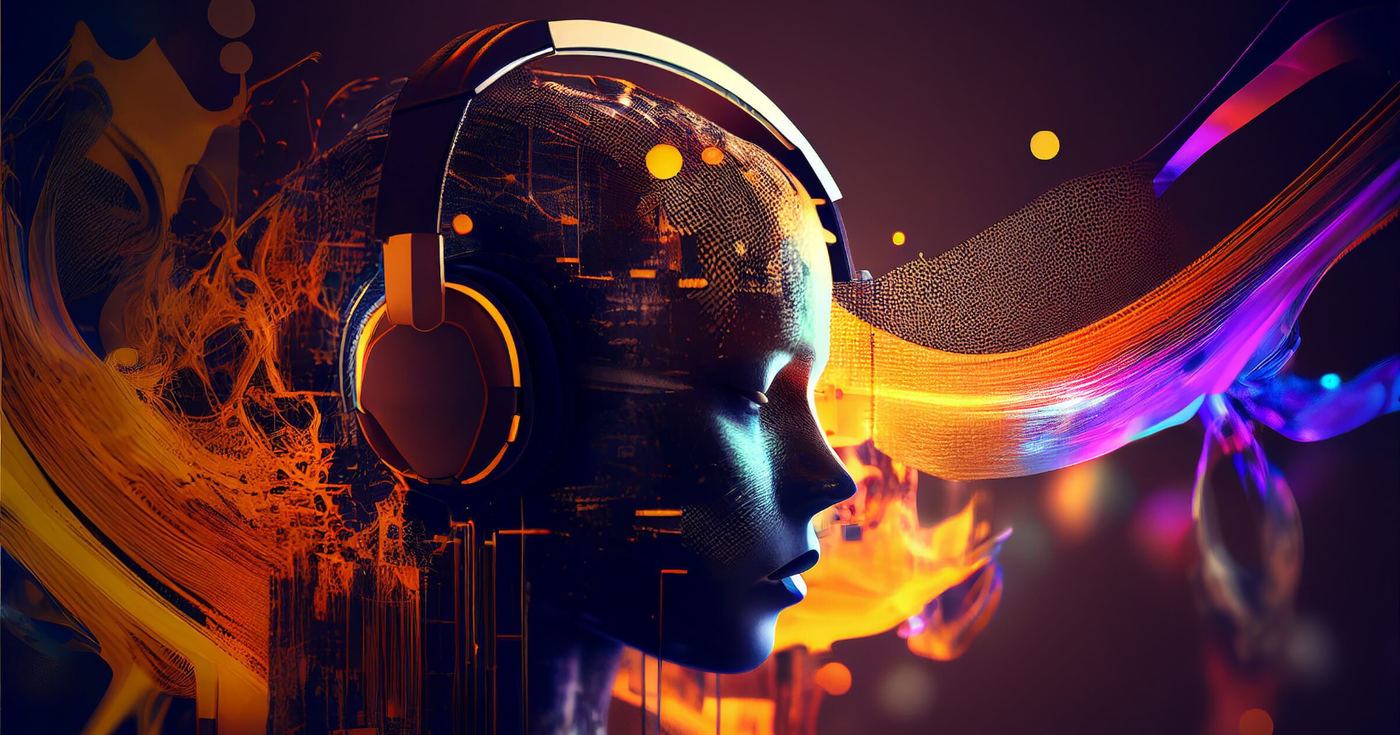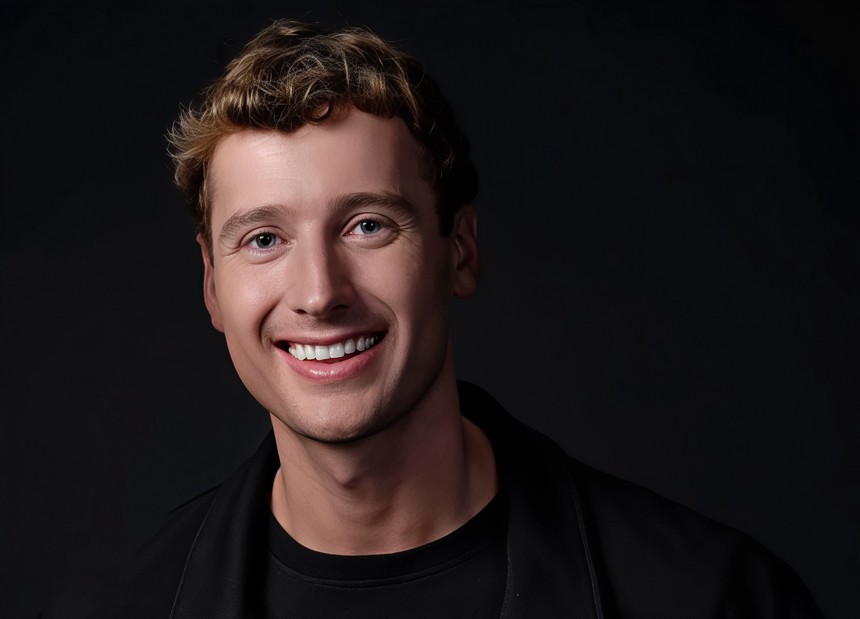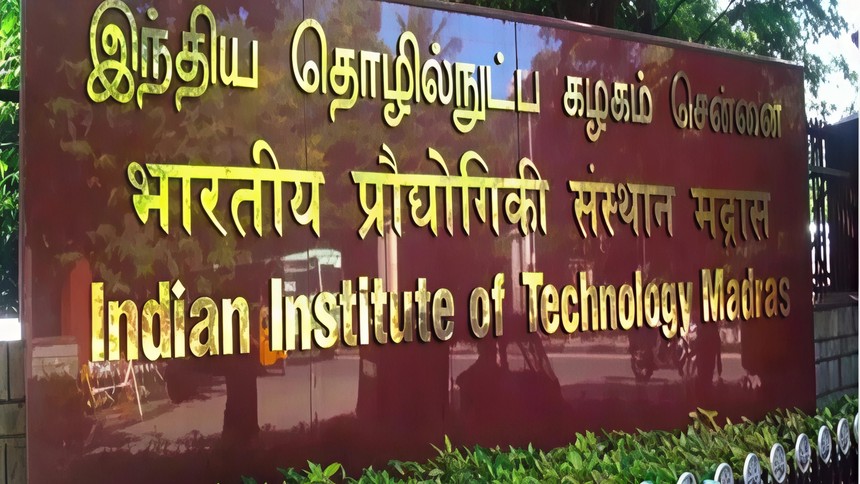The music industry is undergoing one of its most fascinating transformations in decades. Artificial intelligence is no longer a behind-the-scenes tool for sound editing or production support. It is now creating full tracks, complete with lyrics, melodies, and even album art. This shift is fueling passionate debate over what the future of music will look like and how traditional musicians, record labels, and listeners will respond.

Meet the New AI Music Creators
One of the most talked-about figures in this movement is Oliver McCann, better known by his stage name imoliver. McCann is not a classically trained musician. In fact, he admits he cannot play any instruments or sing. Instead, he uses AI systems to transform his ideas and lyrics into polished songs. His work spans indie pop, electro soul, and even country rap.
Incredibly, one of his tracks recently crossed 3 million streams, leading him to sign with Hallwood Media, an independent record label. This marks one of the first times a music label has signed an artist whose songs are primarily generated with AI tools.
McCann is far from alone. Entire groups like Velvet Sundown have gone viral online, despite the fact that every part of their music and branding was created by artificial intelligence.
The Debate Over AI’s Role in Music
This sudden wave of AI-generated music has sparked heated debates. Supporters see AI as a democratizing force that allows anyone with creativity to make music without needing years of training or expensive equipment. Critics, however, fear that mass-produced AI content could flood streaming platforms, making it harder for genuine musicians to stand out.
Streaming service Deezer has already revealed that almost one in five songs uploaded daily are AI-generated, though they represent only a tiny fraction of total streams. Other platforms like Spotify have not disclosed their figures, but experts believe the number of AI tracks will grow rapidly.
Josh Antonuccio, director of Ohio University’s School of Media Arts and Studies, describes the trend as a “tsunami.” He believes the younger generation, who are growing up with AI tools, will normalize creating music with artificial intelligence just as earlier generations embraced synthesizers and drum machines.

Legal Battles and Industry Pushback
The rise of AI music has not gone unnoticed by major players in the industry. Companies like Universal Music Group, Sony Music Entertainment, and Warner Records have filed lawsuits against AI music platforms such as Suno and Udio. They argue that copyrighted recordings are being used without permission to train AI systems, raising major concerns about intellectual property rights.
Some organizations, like GEMA in Germany, have even accused AI tools of producing songs that closely resemble famous tracks like Lou Bega’s “Mambo No. 5” and Alphaville’s “Forever Young.” Negotiations are now underway that could eventually create new rules about how AI-generated music is licensed and how artists are compensated.
Musicians Respond in Different Ways
Reactions from musicians themselves are mixed. Some artists, including Kate Bush and Damon Albarn, have publicly opposed AI’s growing influence and even released a silent protest album to voice their concerns. Others, such as will.i.am, Timbaland, and Imogen Heap, have embraced the technology, seeing it as a new creative partner rather than a threat.
Independent creators are also experimenting with AI. For example, Scott Smith, a former U.S. Navy officer, uses AI to produce music under the name Pulse Empire. Inspired by 1980s synth-driven bands, Smith spends hours refining AI outputs until they match his vision. Similarly, Lukas Rams, who performs under the name Sleeping With Wolves, has created multiple albums blending metalcore and EDM with AI assistance.
Both Smith and Rams emphasize that although AI speeds up the process, creativity and effort are still required to make songs that resonate.

The Future of AI Music
Industry experts believe AI has the potential to completely change how music is produced, distributed, and consumed. What once required expensive studios and professional producers can now be achieved with nothing more than a computer and some text prompts.
However, many agree that the technology is still in a “Wild West” stage. The lack of clear copyright rules makes it uncertain how revenues will be shared and how original artists will be protected. Comparisons are being drawn to the early 2000s, when file sharing platforms like Napster disrupted the industry and eventually led to the rise of streaming services we know today.
Creators like McCann remain optimistic. He believes AI will soon be seen as a legitimate musical art form and that songs created with the help of artificial intelligence may even top global charts.
Conclusion
The rise of AI music creators is not just a passing trend. It represents a shift that could redefine what it means to be a musician and how audiences experience music. While challenges around copyright and originality remain unresolved, the creative possibilities are limitless. As technology and artistry continue to blend, the next big hit could come from a studio, a bedroom, or even a single text prompt.
For more updates on the future of AI and technology, make sure to follow Tech Moves on Instagram and Facebook.














